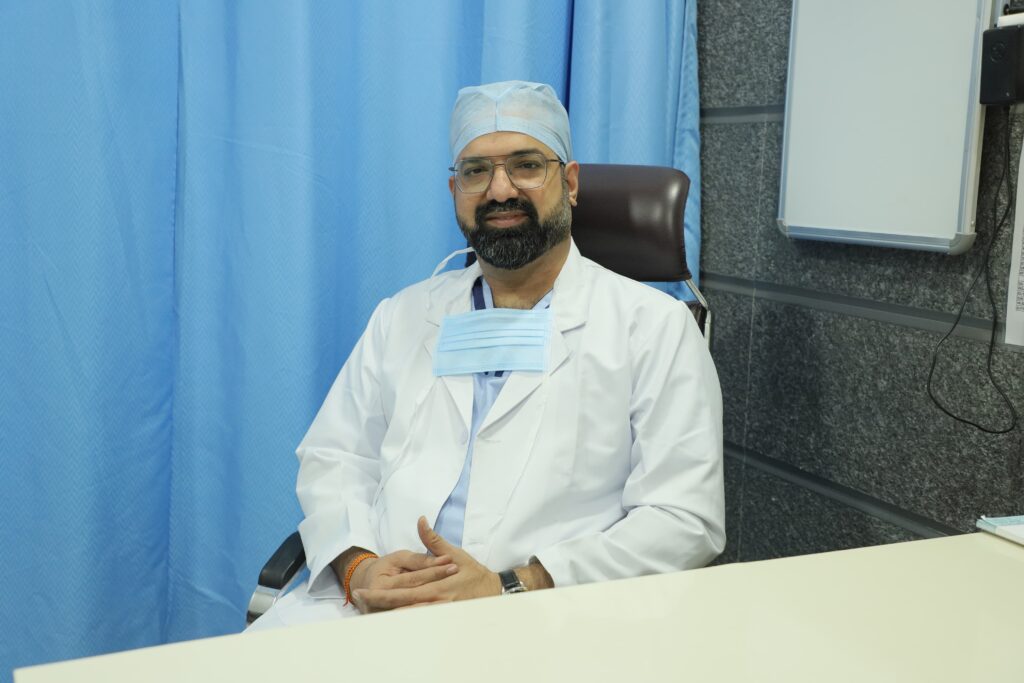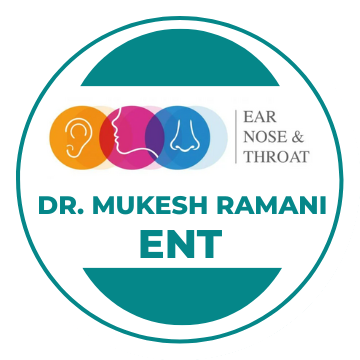Services
We Provide

Understanding Nasal Polyposis
Nasal polyposis refers to the presence of non-cancerous growths, known as nasal polyps, in the nasal passages and sinuses. These soft, painless growths typically result from chronic inflammation of the nasal mucosa and can obstruct the nasal passages, leading to symptoms such as nasal congestion, difficulty breathing, and reduced sense of smell. Nasal polyposis can significantly impact an individual’s quality of life, but with proper diagnosis and treatment, symptoms can be effectively managed.
Diagnosis of Nasal Polyposis
Diagnosing nasal polyposis typically involves a thorough medical history review and physical examination by a healthcare provider, often an otolaryngologist (ear, nose, and throat specialist). During the examination, the provider may use a nasal endoscope to visualize the nasal passages and identify the presence of nasal polyps. In some cases, additional tests such as nasal imaging studies, such as computed tomography (CT) scans, may be recommended to assess the extent of the polyps and evaluate the sinuses.
Causes of Nasal Polyposis
The exact cause of nasal polyposis is not fully understood, but it is believed to result from chronic inflammation of the nasal mucosa, which can be triggered by various factors, including:
- Chronic Rhinosinusitis: Persistent inflammation of the nasal and sinus mucosa, often due to allergies, infections, or other underlying conditions, can contribute to the development of nasal polyps.
- Asthma: Individuals with asthma are at an increased risk of developing nasal polyposis, as both conditions are characterized by chronic inflammation of the respiratory tract.
- Aspirin Sensitivity: Some individuals may develop nasal polyposis as a result of aspirin sensitivity or sensitivity to nonsteroidal anti-inflammatory drugs (NSAIDs).
- Genetic Factors: Certain genetic factors may predispose individuals to develop nasal polyps, particularly in cases of familial polyposis.
- Environmental Factors: Exposure to irritants such as tobacco smoke, air pollution, or occupational chemicals can contribute to chronic inflammation and nasal polyposis.
Symptoms of Nasal Polyposis
Common symptoms of nasal polyposis may include:
- Nasal Congestion: Persistent nasal congestion or obstruction, which may worsen over time.
- Runny Nose: Persistent runny nose, often with clear or colored discharge.
- Reduced Sense of Smell: Decreased sense of smell (hyposmia) or complete loss of smell (anosmia).
- Facial Pressure: Pressure or pain in the face, particularly around the eyes or cheeks.
- Difficulty Breathing: Difficulty breathing through the nose, particularly during sleep or physical activity.
It’s important to seek medical attention if you experience symptoms of nasal polyposis, as early diagnosis and treatment can help alleviate symptoms and prevent complications. Treatment for nasal polyposis may include medications such as corticosteroids to reduce inflammation, nasal saline irrigation to help clear the nasal passages, or surgical removal of the polyps in severe cases. With proper management, individuals with nasal polyposis can effectively manage their symptoms and improve their quality of life.
18+
years
of experience

Dr. Mukesh Kumar Ramani
Dr. Mukesh Kumar Ramani is a dedicated Specialist ENT Surgeon at Aster Clinic (Aster Jubilee Medical Complex) in Burdubai, Dubai. With over 18 years of experience in the field, Dr. Ramani has garnered expertise in various aspects of Otorhinolaryngology.
He completed his MBBS from Thanjavur Medical College, Tamilnadu, India, followed by MS (ENT) from B. J. Medical College, Ahmedabad, India, and DNB from the National Board of Examinations, New Delhi, India. Dr. Ramani’s extensive academic background is complemented by his passion for delivering high-quality patient care.
